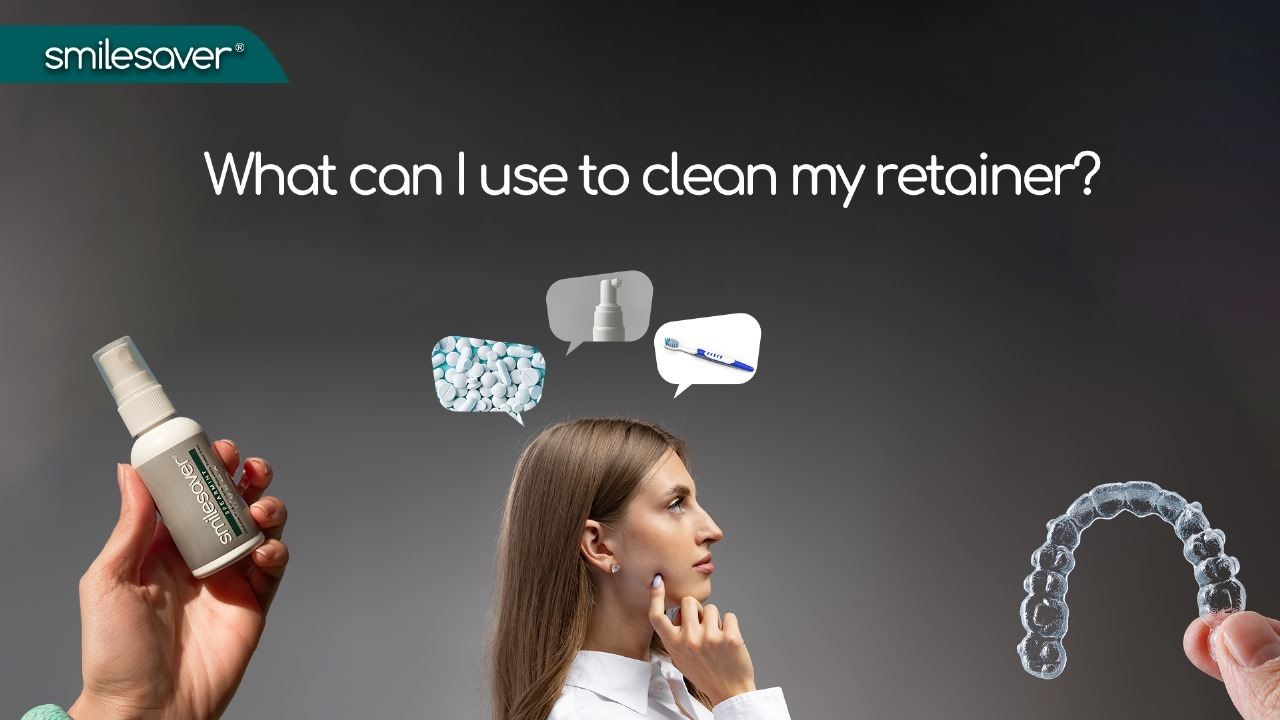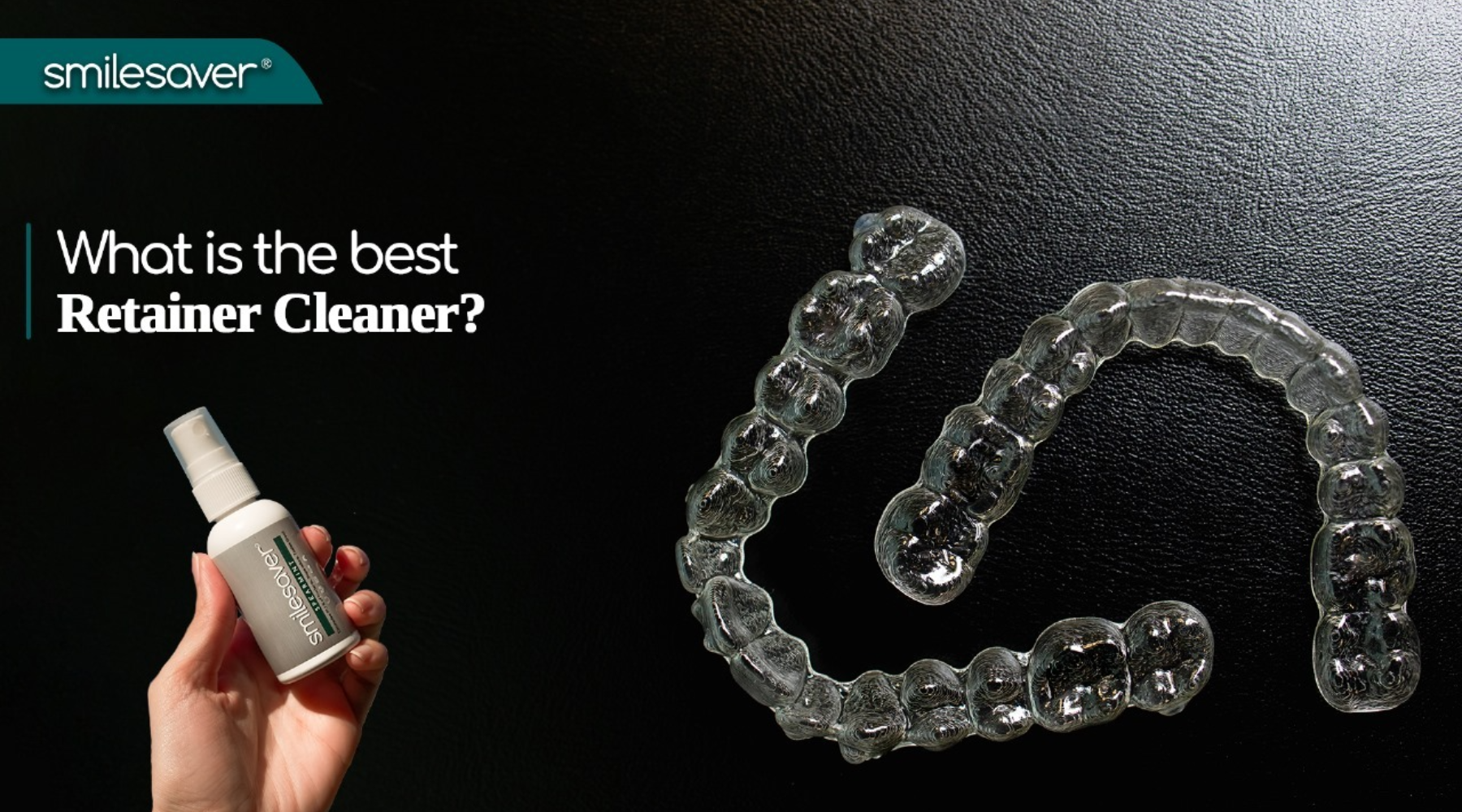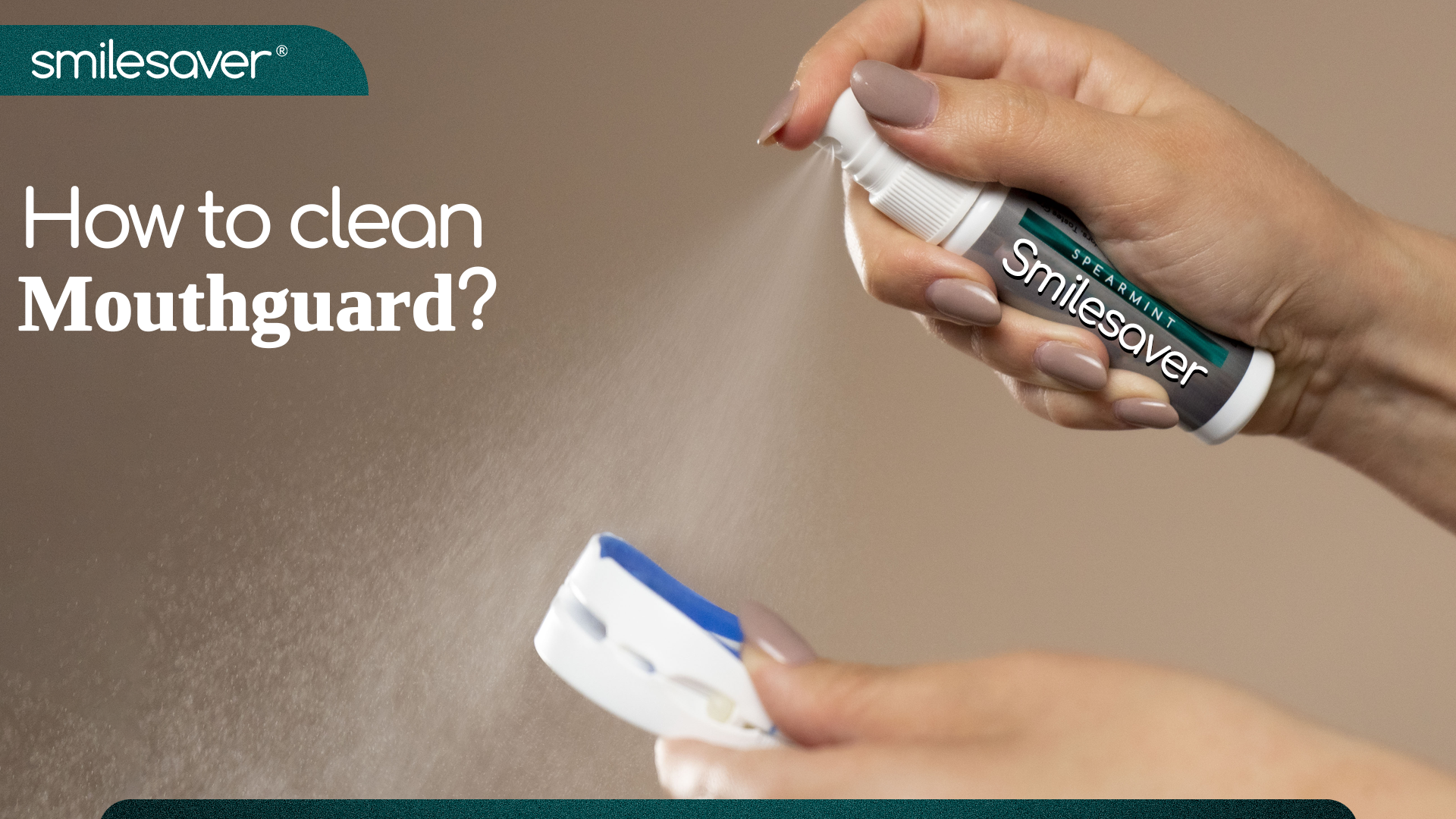
What can I use to clean my retainer?
What can I use to clean my retainer?
Let's face it, cleaning a retainer isn't the most exciting task. However, it's incredibly important for maintaining good oral health. You might have heard of many different methods, but what really is the best way to clean my retainer?
Let's delve into the different options and find the most effective and convenient way to keep your retainer sparkling clean.
1. Brushing
Look, we all know brushing your retainer is a no-brainer. A soft-bristled toothbrush and cool water after meals and before bed keeps things feeling fresh and knocks off some of the gunk. But honestly, relying only on brushing has its limits.
Stubborn buildup can hide in the nooks and crannies, and over time, even the most gentle brush can cause little scratches on the surface. And those scratches? Perfect spots for bacteria to cling to.
2. The Dish Soap Dip
Some of you have probably grabbed the dish soap and given our retainer a quick soak when short on time. It does help with loosening food bits and that icky film. However, dish soaps aren't designed for your mouth, so you might be left with a soapy aftertaste.
Plus, if you make this a habit, those strong cleaning agents can gradually make clear plastic retainers turn cloudy. It's okay in a pinch, but probably not the best long-term solution.
3. Cleaning Tablets
Cleaning tablets are a pretty solid solution! They dissolve in water and release ingredients that tackle buildup and kill odor-causing bacteria. They're great for that deeper clean your retainer sometimes needs.
But let's get real: you've got to find a cup or container, wait for the tablet to dissolve, soak your retainer for up to 15 minutes... it's not exactly quick. Plus, they're not the most convenient thing to carry around if you need to clean your retainer on the go. Imagine being in an office and having to use cleaning tablets and soaking your retainers.
4. Vinegar
Look, vinegar is a natural cleaner, and it does have some power against those icky bacteria. Plus, you probably already have it in your kitchen. But here’s the truth: that smell hits you like a punch.
And vinegar is acidic, so soaking your retainer in it too often could actually start to roughen up the surface over time. It's one of those solutions that might be okay in a total pinch, but you probably wouldn't want to make it a daily routine.
5. Introducing SmileSaver®: Upgrade Your Retainer Routine
We get it – all those other cleaning methods have their downsides. That's why we created SmileSaver®. It's specifically designed for those little plastic pieces we call retainers (or aligners!) so you get a deep clean without harsh chemicals or nasty aftertastes.
Talk about convenient: a few quick sprays and you're good to go in 30 seconds. No rinsing, no soaking, no mess. Plus, it's super portable, so you can clean your retainer anytime, anywhere. Oh, and did we mention SmileSaver® gets rid of 99.9% of bacteria? It's also free of sugar, alcohol, and preservatives – just a clean retainer and a confident smile.



Leave a comment
This site is protected by hCaptcha and the hCaptcha Privacy Policy and Terms of Service apply.